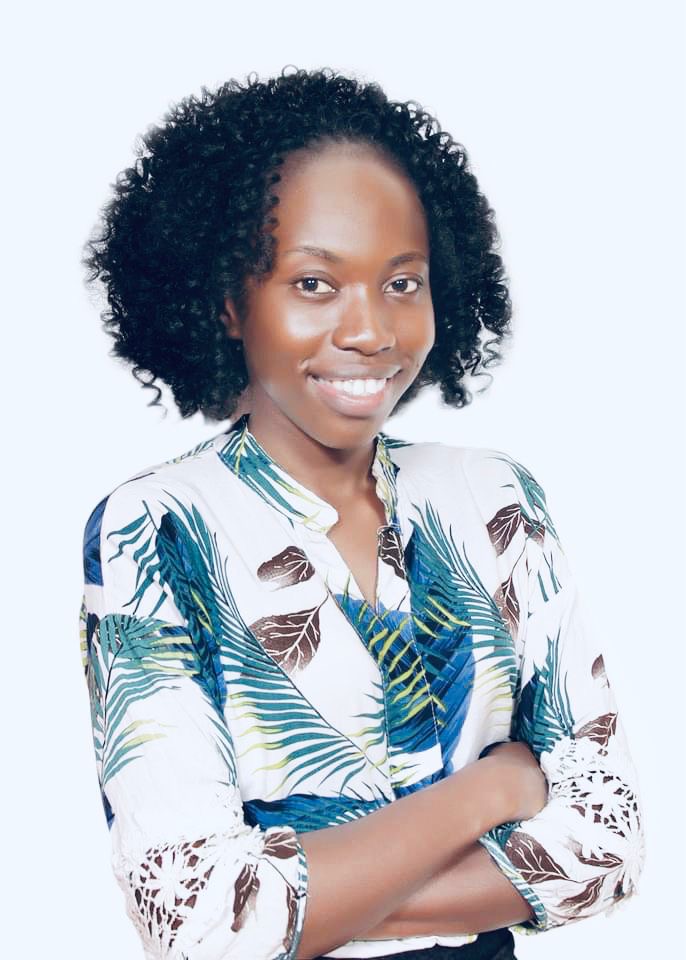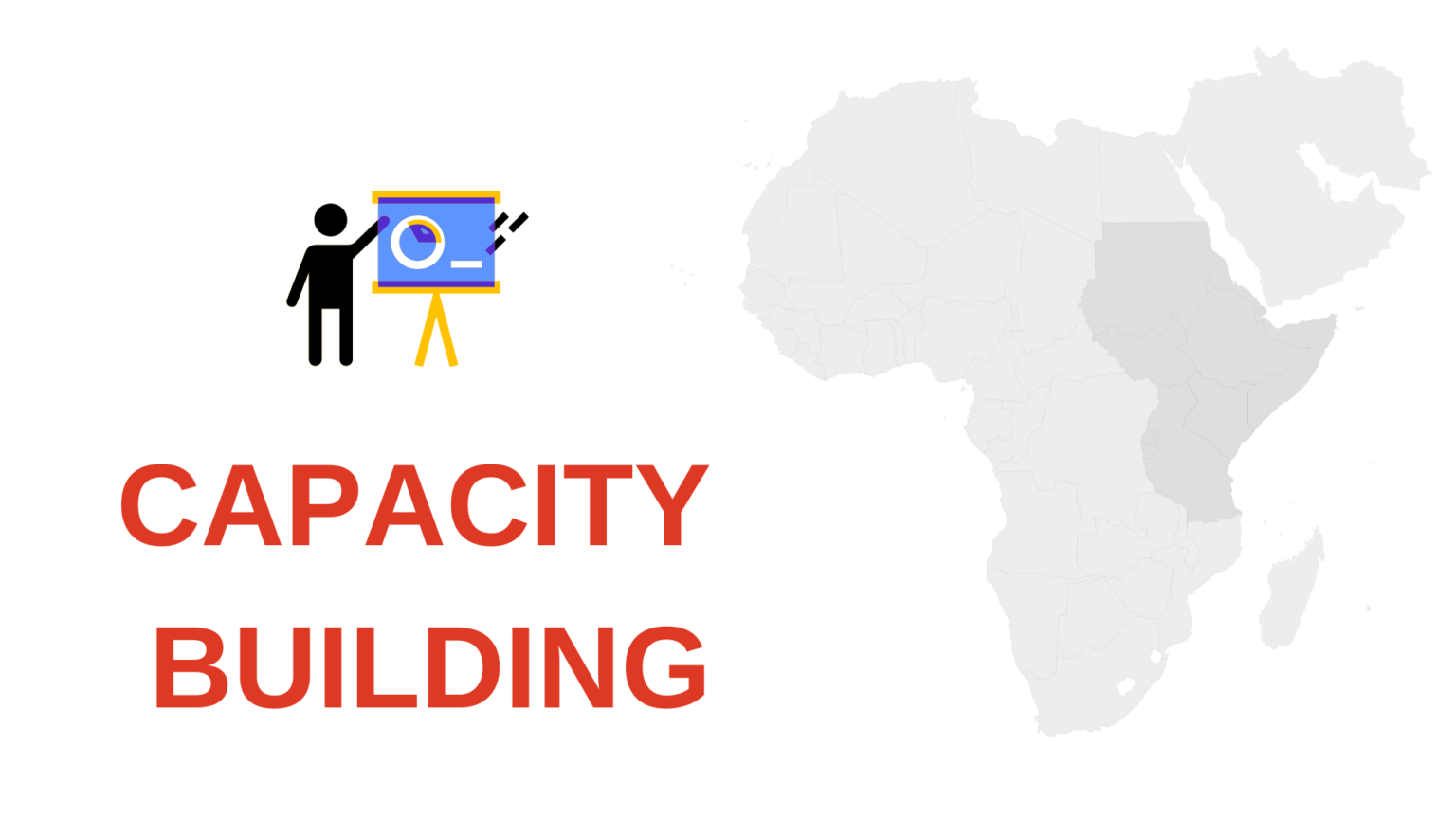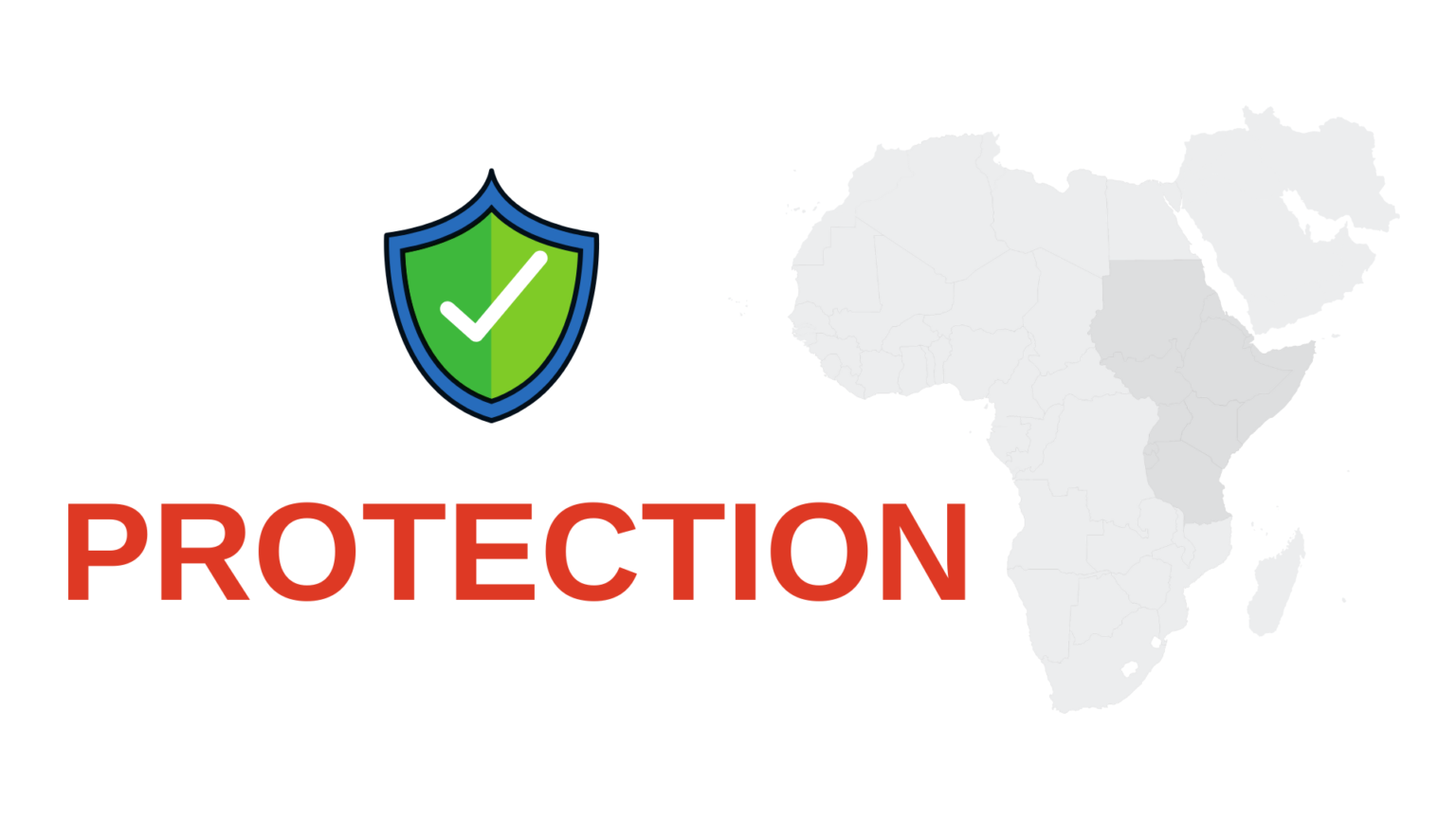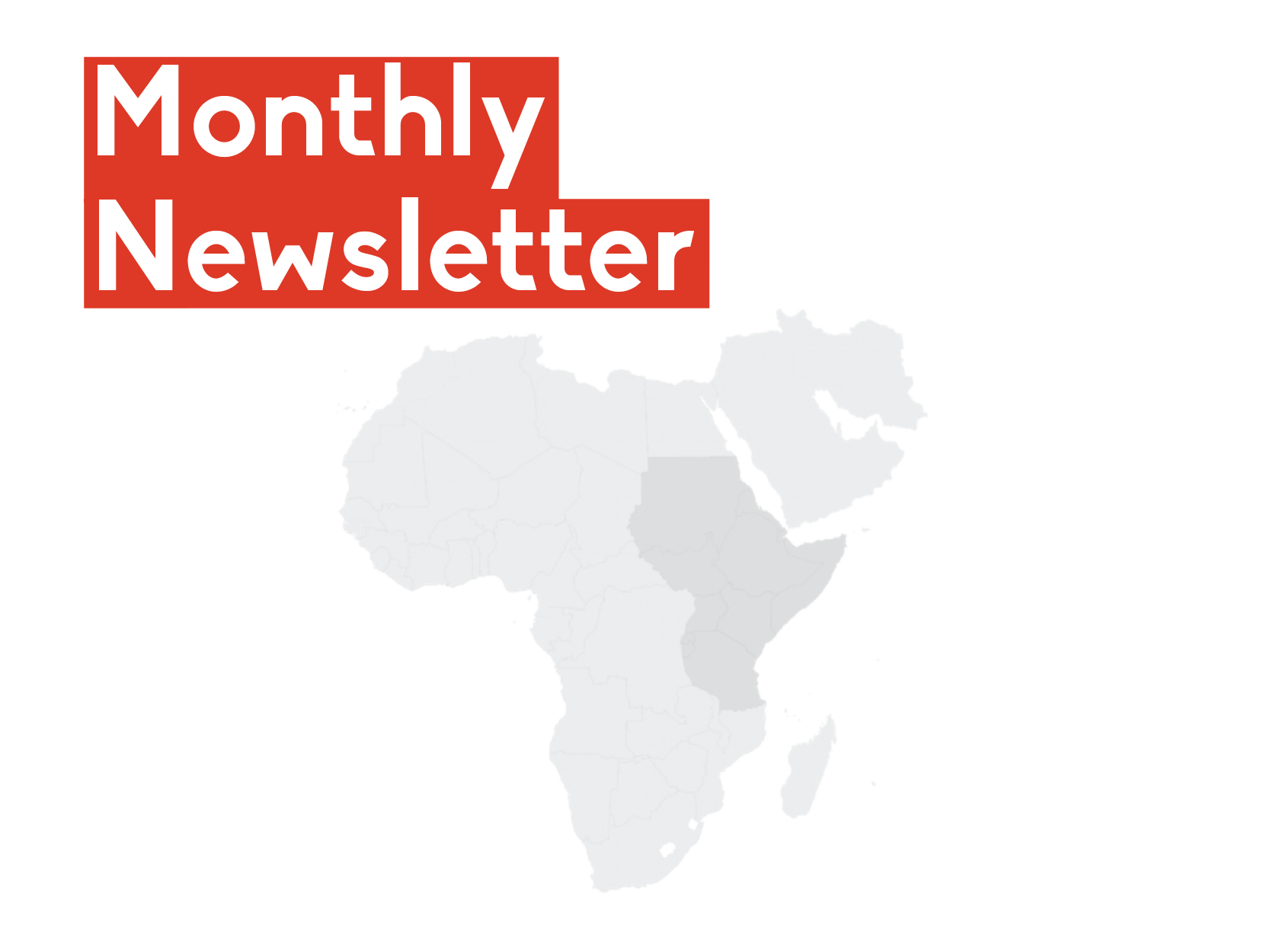Hello Friends,
In October, DefendDefenders convened the 7th Focal Points Meeting, gathering over 50 human rights defenders (HRDs) from across the East and Horn of Africa under the East and Horn of African Human Rights Defenders Network (EHAHRD-Net). DefendDefenders is the secretariat of EHAHRD-Net. This biennial meeting, held from 1- 2 October, provided an essential platform for assessing the current human rights landscape in the region, reviewing the Network’s action plan, and setting strategic priorities for 2026–2030. It was a moment of unity and shared commitment to protecting HRDs, fostering collaboration, sharing best practices, and strategising joint interventions. The meeting concluded with the adoption of a final that will guide our future efforts to strengthen the resilience and effectiveness of EHAHRD-Net in safeguarding frontline defenders across the sub-region.
Following the Focal Points Meeting, DefendDefenders held two sessions on 3-4 October with special procedure mandate holders, including Ms. Aua Balde, Chairperson of the UN Working Group on Enforced or Involuntary Disappearances, and Hon. Prof. Remy Ngoy Lumbu, Chairperson of the African Commission on Human and Peoples’ Rights and Special Rapporteur on Human Rights Defenders in Africa. These sessions, aligned with the Addis Ababa Roadmap, aimed to strengthen synergies between the UN and African human rights systems. The meeting reaffirmed our commitment to advancing protections for HRDs and influencing global policy to address their increasing legal and policy challenges. It was inspiring to see HRDs engage directly with the special mechanisms, fostering meaningful dialogue and collaboration. I am deeply grateful to Prof. Remy for his unwavering support during this busy time and to Hon. Aua for joining us despite recently concluding an intensive session in Geneva.
Since 2009, we have been an active observer at the African Commission on Human and Peoples’ Rights, ensuring that HRDs are well-represented and have a voice in this critical space. Our recent participation in the 81st ordinary session in Banjul, The Gambia, was a significant milestone. We proudly supported over 40 HRDs, empowering them to access and effectively utilise this regional mechanism. This session was an invaluable opportunity for our delegation to raise urgent human rights concerns, contribute to policy discussions, and engage directly with commissioners and other stakeholders. Through these engagements, HRDs were able to highlight on-the-ground realities, share critical insights, and advocate for meaningful support and interventions within the African human rights system.
I had the privilege of participating in a panel discussion that presented the United Nations Working Group on Enforced or Involuntary Disappearances’ report on its recent visit to the African Union’s judicial and human rights bodies and other sub-regional entities. I commend Hon. Aua and the Working Group for leading this important initiative. Such missions significantly enhance collaboration between the African Human Rights System and the UN system, bridging the complementarity gap in addressing human rights violations across Africa. This framework continues to be an essential part of our advocacy, ensuring that we can effectively tackle the challenges HRDs face and remain united in the fight for justice and protection.
I invite you to turn the pages,
Hassan Shire,
Executive Director, DefendDefenders
Chairperson, AfricanDefenders
Human Rights Defender of the Month: Peace Monica Pimer

Peace Monica Pimer is the Executive Director of the Nile Girls Forum, an organisation focused on empowering young women through leadership, governance, sexual and reproductive health, and economic development. Born and raised in Zombo, Uganda, Peace is a committed environmental human rights defender, integrating climate action into her work. She advocates for the inclusion of women and girls in environmental decision-making, highlighting the link between environmental protection and human rights. Through her leadership, Peace continues to drive change, ensuring the voices of vulnerable communities are central to climate action and environmental justice.
The Covid-19 pandemic, which confined many to their homes during the global lockdown in 2020, marked a turning point in Peace Pimer’s activism. As people stayed indoors, the world experienced cleaner air and healthier environments due to reduced carbon emissions from cars and factories. This period of reflection heightened Peace’s awareness of the importance of biodiversity and environmental conservation, leading to a pivotal shift in her focus.
Updates from DefendDefenders

From 7- 9 October 2024, AfricanDefenders, in partnership with the Asian Forum for Human Rights and Development (Forum-Asia) and the Defenders Coalition Kenya, hosted a workshop under the freedom of peaceful assembly project coordinated by CIVIUS. The workshop brought together digital practitioners, online activists, social movement members, and human rights defenders from Africa and Asia. The event, led by AfricanDefenders, focused on fostering solidarity and collaboration between the two regions, particularly regarding the digital repression faced by HRDs during protests. Participants discussed the challenges and opportunities within the digital landscape, sharing experiences and strategizing responses to state repression. The opening address was delivered by Hassan Shire, Chairperson of AfricanDefenders, who stressed the importance of creating a South-to-South solidarity network. He highlighted the shared historical and economic challenges of both continents and referenced past efforts by South Africa through the New Asian African Strategic Partnership (NAASP), which exemplified the enduring collaboration between Forum-Asia and AfricanDefenders. This network, Shire emphasized, is vital in uniting Africa and Asia in their common fight for human rights, regardless of geographical location.
From the 15-18 October 2024, DefendDefenders in partnership with Meta conducted an online digital security training with 12 HRDS (4 female, 8 male) from Malawi. The training’s main objective was to increase the capacity of HRDs working online to effectively mitigate, manage, and respond to imminent digital security risks and threats.
From 20–26 October 2024, DefendDefenders carried out a risk assessment mission in the western region of Uganda, focusing on Kisoro, Kabale, and Mbarara. The team carefully documented and analyzed the security threats and risks faced by HRDs in the area, while identifying necessary measures for their safety and protection. A total of 26 HRDs were engaged, including 14 females, 11 males, and 1 other. While most of the defenders reported having faced security threats during their activism, they highlighted the positive relationship between activists and state actors as a key factor in ensuring their safety, allowing them to continue their work. HRDs in Western Uganda operate in a particularly challenging environment, where security threats and social marginalization hinder their efforts to promote and protect human rights.
From 28 October – 2 November, 2024, DefendDefenders’ protection team conducted a five-day training in Mbale for 13 HRDs from Eastern Uganda, comprising seven women and six men. The training aimed to enhance participants’ skills in resource mobilization and in Monitoring, Documenting, and Reporting (MDR) using the KoBo Toolbox. Through interactive sessions and hands-on exercises, HRDs learned to identify funding opportunities, craft proposals, and manage resources to sustain their initiatives. Additionally, they gained basic knowledge in using KoBo Toolbox to systematically collect and document evidence of human rights abuses, improving the quality and reliability of their reporting.

In October, we concluded the 57th session of the UN Human Rights Council (HRC57) with voting outcomes on resolutions that exceeded expectations. Notably, the resolution on Sudan, which extended the mandate of the UN Fact-Finding Mission (FFM), was adopted with an impressive 23-12 margin. This included the principled “Yes” votes of Ghana and South Africa, two African states that stood firmly with victims and survivors. The FFM remains an essential tool for combating impunity in Sudan and contributing to efforts to end the violent conflict that erupted on 15 April 2023.
Similarly, the resolution on Burundi passed with a greater margin than last year, 22-10, ensuring continued international scrutiny of the country’s situation through the 2025 legislative and local elections.
Read our Reflections on HRC57 and access all the oral statements we delivered during the session here.
DefendDefenders together with AfricanDefenders facilitated over 47 hrds from Ethiopia, Kenya, Uganda, Sudan, Angola, Benin, Nigeria, Egypt, Libya, Burkina Faso, Senegal, Zimbabwe, South Africa and Tunisia, amongst others, to engage with the NGO Forum and at the 81st Ordinary Session of the African Commission of Human and Peoples’ Rights and the 81st Ordinary session of the African Commission of Human and Peoples’ Rights. From 13-15 October 2024, most of the delegation actively participated in the various panel discussions held at the NGO Forum, whose theme centered around the African Union’s 2024 theme, “The Year of Education: Educate an African Fit for the 21st Century-Building Resilient Education System for Increased Access to Inclusive, Lifelong, Quality and Relevant Learning in Africa.” From the 17- 26 October 2024, the delegation actively participated in the 81st Ordinary Session of the ACHPR, delivering and hosted several key side events that were organised to country specific and thematic topics addressing critical issues related to human rights defenders (HRDs) across Africa.

In October 2024, DefendDefenders processed 77 requests through its emergency protection program for HRDs. Of these, 22 (29%) received the interventions they requested. The requests originated from Somalia (8), Uganda (7), Ethiopia (2), and one each from Burundi, South Sudan, Kenya, Sudan, and Tanzania. A total of 60 individuals benefited indirectly from the program.
However, 18 requests (23%) were denied: 4 were rejected due to inaccurate information, 2 applicants had already received multiple grants for similar threats, and 12 did not meet DefendDefenders’ geographical or programmatic criteria.
In addition, 1 (1%) emergency request was retracted by the HRD. A total of 21 (27%) requests were directed to other service providers: 10 requests from Afghanistan were referred to ProtectDefenders.EU, while 11 were forwarded to other networks or protection service providers. 15 (19%) requests are still under review.
Country Updates:
SUDAN
On 1 October, Sudanese political groups and armed factions condemned the army for allegedly executing dozens of civilians in Bahri, Khartoum. Disturbing videos circulating on social media showed the killings in which the victims were accused of collaborating with the RSF and were seen to be killed by individuals in army uniforms and civilian clothing. Opposition groups, including the National Umma Party and Beja Congress Party, called for accountability and an international investigation, labeling the executions as war crimes. These killings occurred amid ongoing military offensives between the army and RSF.
TANZANIA
On 2 October, the Tanzania Communications Regulatory Authority (TCRA) imposed a 30-day suspension on the online platforms of Mwananchi Communications Limited (MCL), affecting the websites and social media pages of its newspapers, including The Citizen, Mwananchi, and Mwanaspoti. The suspension was due to accusations that MCL published content intended to “ridicule and harm the reputation” of Tanzania, sparked by an animated video on 1 October that depicted a woman resembling President Samia Suluhu Hassan flipping through TV reports about abductions and killings. This action is part of a broader trend of press freedom violations in Tanzania, with concerns over shrinking civic space ahead of the November local elections and the 2025 presidential election, especially following the September murder of opposition politician Ali Mohamed Kibao.
UGANDA
In October 2024, John Allan Namu from Kenya and Agather Atuhaire from Uganda participated in an interview with Open Democracy, where they discussed the rising threats faced by journalists in both countries. They focused on the use of “foreign agent” labels by governments to discredit and intimidate journalists. Both journalists have been targeted for their investigative reporting on corruption and human rights violations, shedding light on the growing crackdown on press freedom in East Africa and the risks to democracy.
ETHIOPIA
In October 2024, the Ethiopian Human Rights Commission (EHRC) expressed concern over a series of arrests in various parts of the Amhara region, including Gondar and Bahir Dar, which have been ongoing since mid-September. The arrests, involving government employees, political party members, media professionals, and civil society figures, were reported to have violated due legal process. The EHRC emphasized that, even during armed conflict and security breakdowns, authorities must ensure there are sufficient legal grounds for detaining civilians and follow proper legal procedures. The Commission also highlighted that some detainees are being held in temporary detention centers, with several in need of regular medical care. This statement follows a joint announcement by the Ethiopian National Defense Force (ENDF) and the Amhara regional government, declaring that “law enforcement operations” would continue until “peace is fully restored” and that “decisive measures” would be taken against those orchestrating armed operations.

